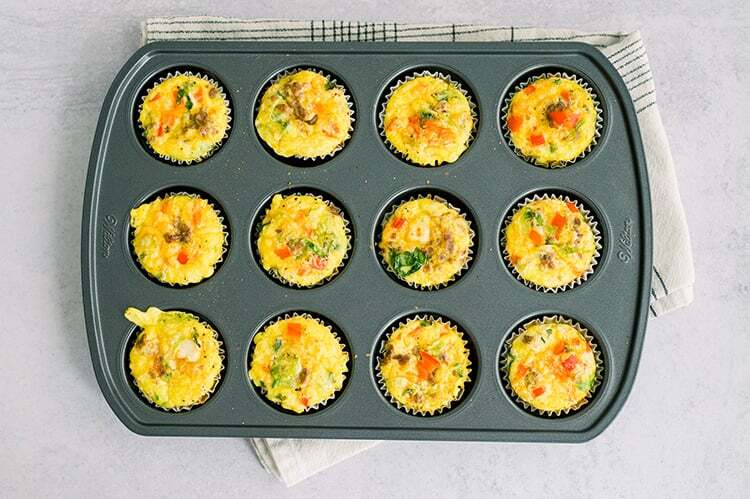
DEEP DIVE
The Hormone Wrecking Ball Behind the Scenes…
Queen, let’s talk about one of the most common (but least explained) types of PCOS: insulin-resistant PCOS.
If you’re constantly craving carbs, gaining weight around your belly, feeling exhausted after meals, or waking up hangry… insulin might be the sneaky culprit you’ve been ignoring.
This isn’t just about blood sugar or diabetes. It’s about your hormones playing musical chairs—and insulin is the DJ ruining the vibe.
Insulin is a hormone that helps shuttle sugar (aka glucose) from your bloodstream into your cells, where it can be used for energy. But when you’re insulin resistant, your cells start ignoring insulin’s knocks at the door.
So your body freaks out and pumps out even more insulin. Like, “hey, sugar—get in there already!”
The Problem: Chronically high insulin levels can trigger the ovaries to make more testosterone. Yep—the same testosterone that messes with your skin, hair, cycle, and mood and that PCOS belly bloat.
So now, instead of just being tired or a little bloated, you’re dealing with:
- Acne that rivals your teen years
- Facial hair or hair thinking
- Missed or irregular periods
- Mood swings + hanger attacks
- Weight gain, especially around your midsection
How Do You Know If You Have It?
You don’t need a PhD or a pile of lab work to suspect insulin resistance. Here are some red flags:
You crash or feel sleepy after meals
You’re constantly craving sugar or carbs
You gain weight without changing your diet
You carry most of your weight in your belly
You’ve been told your fasting insulin or HOMA-IR is high
You struggle with blood sugar crashes or lightheadedness
Even if your fasting glucose is “normal,” you can still have insulin resistance. That’s why so many women get overlooked.
The Fix: Lower Insulin, Balance Everything
The good news? Insulin resistance is highly responsive to lifestyle changes—no crash diets or punishment workouts required.
Here’s what we recommend for our fellow insulin-resistant queens:
✅ 1. Prioritize Protein at Every. Single. Meal.
Protein helps slow down digestion, stabilizes blood sugar, and keeps you full longer.
Goal: 30–40g of protein per meal
Example: 3 eggs + ½ cup egg whites + sautéed spinach + avocado toast
✅ 2. Walk After Meals (Even Just 10 Minutes)
Walking helps your muscles use up glucose, reducing post-meal blood sugar spikes. Bonus: it’s low stress and doesn’t require leggings or gym mirrors.
✅ 3. Avoid Skipping Meals
Skipping meals or long fasts can backfire by spiking cortisol and worsening insulin resistance.
Tip: Eat within 60–90 minutes of waking up
Focus on balanced meals (protein + fat + fiber-rich carbs)
✅ 4. Try Inositol
Myo-inositol (especially in a 40:1 ratio with D-chiro inositol) is one of the most researched supplements for PCOS. It can improve insulin sensitivity and support ovulation.
Always chat with your provider before starting new supplements.
✅ 5. Ditch the High-Sugar "Health" Foods
Fruit juices, oat milk lattes, low-fat yogurts, granola bars—many are secretly loaded with sugar and low in protein. Start reading labels like the queen you are.
TL;DR – Insulin Resistance Isn’t a Life Sentence
With a few targeted changes, you can:
Bring insulin levels down
Support natural ovulation
Improve energy + mood
Reduce cravings and belly weight
Calm that testosterone down
Insulin-resistant PCOS might be frustrating, but it’s not unbeatable. With the right tools (and a little sass), you can stop surviving and start thriving.
RECIPE OF THE WEEK
Grab ‘n’ Go Egg Muffins

These Grab-n-Go Egg Muffins from Smart Fertility Choices are a quick, protein-packed breakfast perfect for busy mornings. Made with eggs, veggies, and your choice of add-ins, they support stable blood sugar and hormone health—ideal for women with PCOS looking for an easy, nutritious start to the day. (Full Recipe HERE)
A queen will always turn pain into power.
Why PCOS Queens? I want to save you the energy and time in researching and instead give you the shortcut to managing PCOS. I want to help you avoid feeling self-conscious and thinking you have to accept how things are. I want to help you overcome the worst of your symptoms, feel empowered and discover your inner strength. I want to hand you the keys to take back control of your life.
*Disclaimer: Every women is unique, and this information is provided for educational purposes only. I share summarized research data and personal experience, but this should not be considered medical advice. Always consult your healthcare provider for guidance on your specific health needs.

